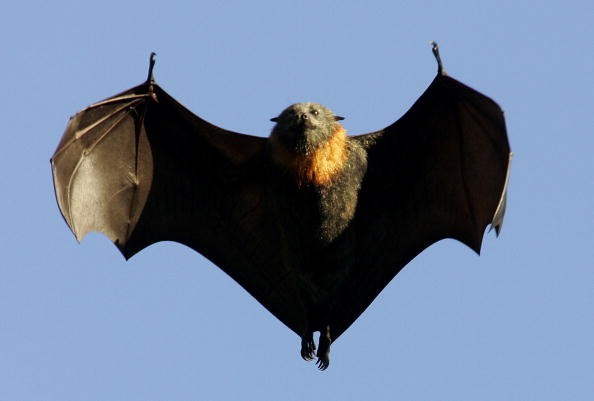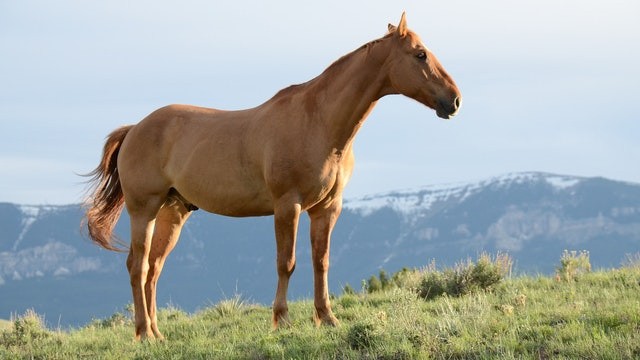A new type of Hendra virus has been discovered in flying foxes and it was discovered by researchers at Australia's national science agency - CSIRO. They've confirmed this new virus can be found across a broad region of Australia.

Hendra Virus
A paper that has the details about this findings has been released just days after the detection of the new genetic type (HeV-g2) in a horse close to Newcastle in New South Wales. This is Hendra's most southern case recorded so far.
The virus can spread from flying foxes to horses, and then to humans. Past studies discovered the Hendra virus in flying foxes in parts of New South Wales and Queensland.
Following the observation of the samples of flying fox from 2013-2021, researchers at the Australian Centre for Disease Preparedness (ACDP) of CSIRO discovered the new genetic type in flying foxes in Victoria, as well as South and Western Australia.
The World Organisation for Animal Health (OIE) reference laboratory for diseases like Hendra and Nipah virus is ACDP.
Dr Kim Halpin, a reference expert and also CSIRO scientist reveals the only state the spillover of the disease from flying foxes to horses has been reported is at Queensland and also New South Wales.
Also Read : Man Who Refused Treatment After Getting Bit by Bat Dies From Rabies, Illinois' First Case in 70 Years
Mode of Transmission
Dr. Halpin said: "However, because Hendra Virus Genotype 2 is so genetically similar to the original Hendra virus, there is a potential risk to horses wherever flying foxes are found in Australia.
It's important to note that Hendra has never been reported to spread directly from flying foxes to humans - it's always been transmitted from infected horses to humans. We expect this new genetic type would behave the same way."
Dr. Halpin said given the likeness, while further research is required, it is expected that the existing Hendra virus vaccine for horses should be able to fight this new type also.
Actually, the discovery highlights the cruciality of study into flying foxes. it's important because it helps in awareness as well as protection of Australians against the viruses that can be transmitted to them, said Dr. Halpin.

Horses as Sentinels
Another project referred to as "Horses as Sentinels," which the University of Sydney and CSIRO led and is sponsored by a Biosecurity Innovation Program grant from the Department of Water, Agriculture, and the Environment, discovered the same genetic type at the beginning of this year.
It was found in samples that researchers took from Queensland's horse in 2015. Outcomes of this study are available in preprint.
Dr. Dennis said: "Owners and any people who interact with horses can reduce the risk of infection from Hendra virus and other zoonotic viruses through vaccination of horses or humans where available, wearing appropriate PPE, and seeking veterinary attention for sick horses."
CSIRO together with the project team of "Horses as Sentinels" have been closely working with vets and laboratories all over Australia for the implementation of improved tests for horses showing signs of Hendra virus disease.
Related Article : Deadly Zoonotic Wildlife Diseases Increase as Nature is Damaged
For more news, updates about hendra virus and similar topics don't forget to follow Nature World News!
© 2026 NatureWorldNews.com All rights reserved. Do not reproduce without permission.





